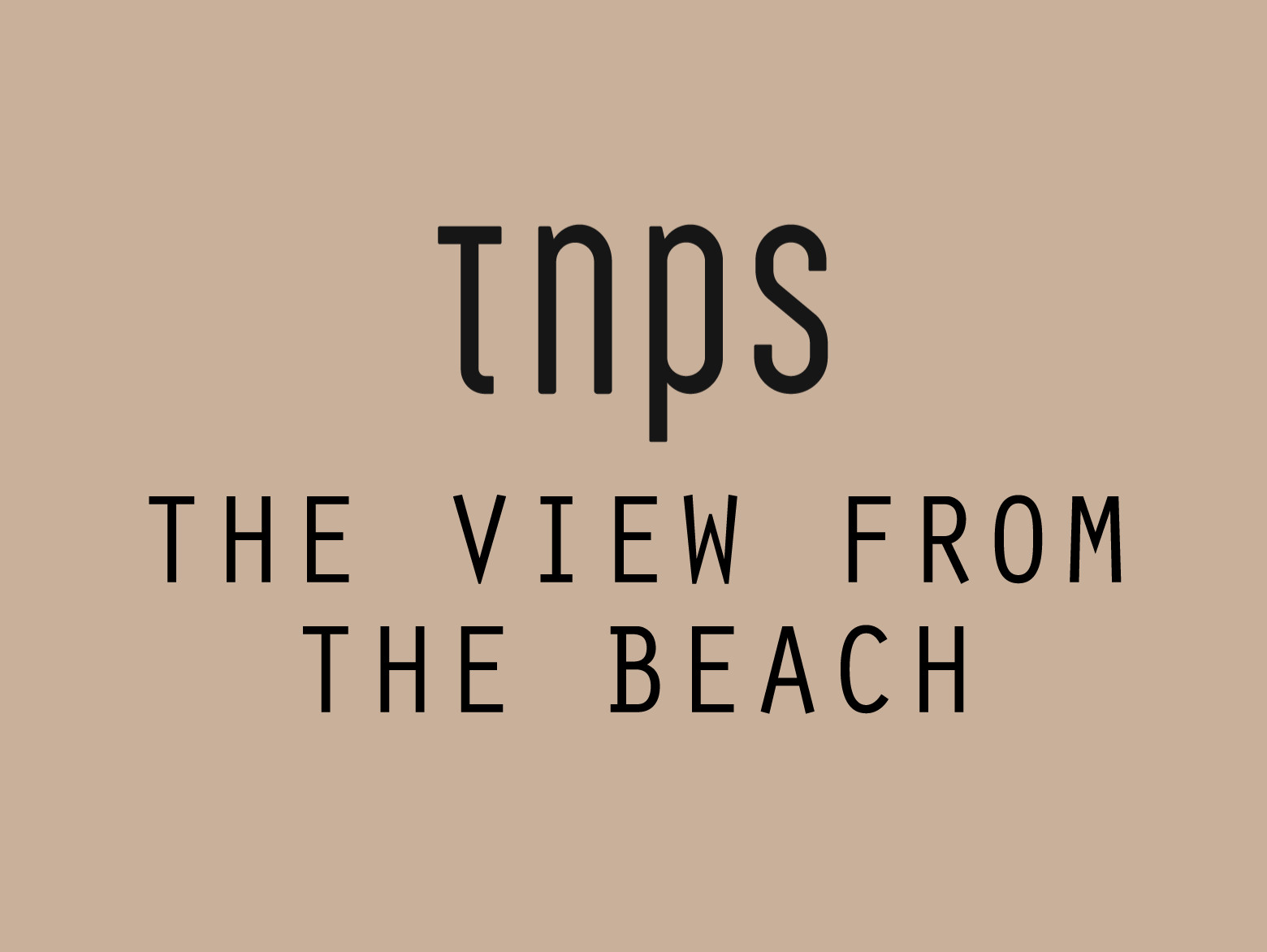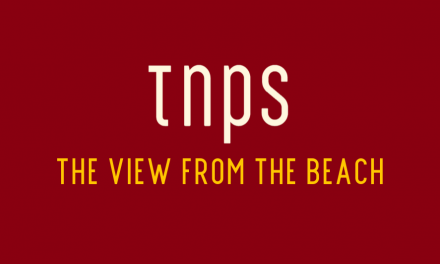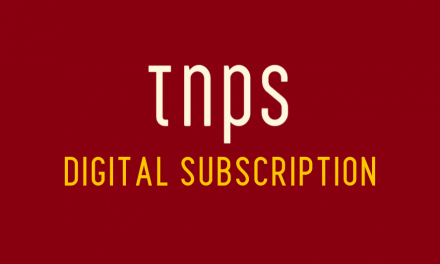Freedom to write and publish is an issue close to my heart, living as I do in The Gambia, West Africa, which one year ago this month emerged from a 22-year dictatorship. During that time freedom of expression was at the whim of the president and many a journalist and author paid the ultimate sacrifice for defying those whims.
For my own part, I took an approach that might best be described as pragmatic. As an ex-pat here I have no right of permanent residence and no wish to be deported for perceived crimes against the state. And I certainly had no wish to join the handful of ex-pats here who decided it was their role to determine the political fate of another country, and ended up doing hard labour in notoriously unpleasant Gambian jails.
I make my own contribution to my adopted country through my children’s projects here, and that’s brave enough for me. My being deported, jailed or killed would not have made any difference to the fate of the president’s regime, but would have harmed the children’s projects. I’m comfortable with my conscience.
But I salute those who, because it is their country’s freedom that is at stake, are brave enough defy the threats and make their case
As we’ve seen this month, even in that bastion of publishing freedom that is the USA, there will always be some parties (in this case the President) trying to stifle freedom of expression.
In this instance the US Constitution is clearly on the side of publishing and Trump’s attempts to quash freedom of expression have served only to fire up interest in the book he wants suppressed.
Elsewhere in the world authors and publishers don’t always enjoy such protection. The Prix Voltaire is a prize that, in the words of the International Publishers Association (IPA),
rewards exemplary courage in upholding the freedom to publish and in enabling others to exercise their right to freedom of expression.
This year’s shortlist of five, selected by the IPA’s Freedom to Publish Committee of publishing professionals from Argentina, Belgium, France, Germany, Italy, Norway, Thailand, Turkey and the UAE, are:
- Chowdhury, Ahmedur Rashid (Bangladesh)
- Medjo, Lewis (Cameroon)
- Miklós, Tamás (Hungary)
- Minhai, Gui (Sweden / Hong Kong)
- Parsapour, Azadeh (Iran / UK)
In the run up to the award presentation in Delhi, India, on February 11, the IPA will be issuing weekly summaries about each of those shortlisted, and I’ll be covering those summaries here at TNPS as the details emerge
Today the IPA site carries details of Azadeh Parsapour of Nogaam Publishing.
Launched in December 2012 in London, Parsapour’s Nogaam Publishing uses crowdfunding to publish and promote Persian digital publishing, which are then made available for free under Creative Commons License.
Since its launch it has given life to 41 titles that were subject to censorship in Iran. Today, Iranian readers have free access to these books spanning a diverse range of topics such as underground music, LGBT, women, relationships, war, censorship, extremism and immigration. Nogaam supports Iranian authors, advocates freedom of speech, promotes Farsi-language digital publishing and provides easy access to invaluable Farsi books.
More on the other shortlisted finalists in the weeks leading up to the award.
Meantime a reminder, lest we in the free west get carried away with affronted dignity, that all freedom to publish is relative.
Many countries have laws against, for example, publishing material that constitutes Holocaust denial.
Most countries have laws against publishing child pornography or advocating sexual crimes.
Many countries have laws prohibiting publishing material that is determined as inciting racial hatred or violence or supporting terrorism.
Few of us would find those prohibitions on publishing freedom unacceptable, and few of us would deem heroic or award-worthy those who chose to defy those laws.
I’ve no doubt the IPA have done their homework in evaluating the shortlist for the Prix Voltaire prize, and that they are all worthy nominees. But we should always review carefully any allegation of censorship or restriction on publishing before rushing to condemn the act. Sometimes, as with the examples just cited, censorship is for the greater good.
With freedom comes responsibility.





